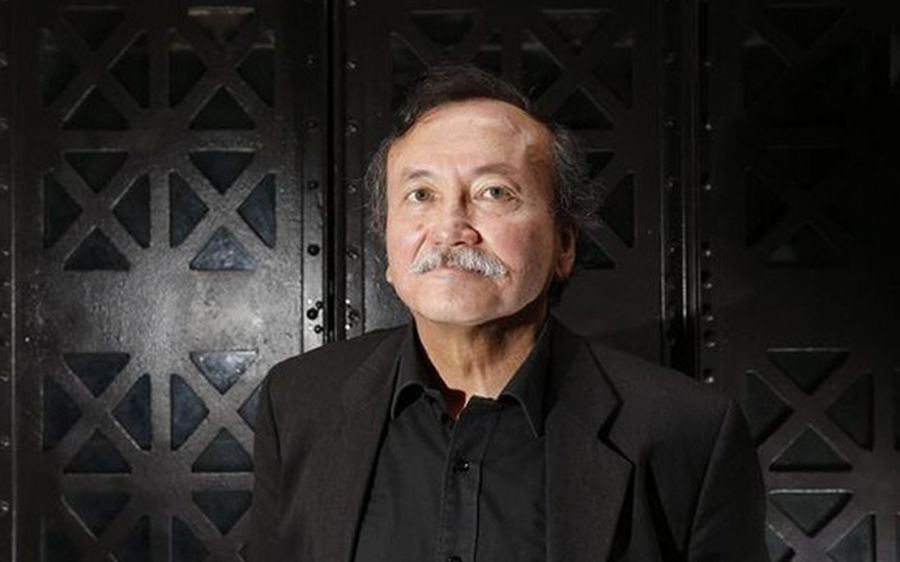
- Free Article: No
- Contents Category: Commentary
- Custom Article Title: Rolling Column: The Role of the Critic
- Review Article: No
- Online Only: No
- Custom Highlight Text:
The Australian literary scene has always been more depressing that it is lively, especially when critics and writers are quick to display their battle scars in public places where oftentimes the debate hardly rises above fawning or fighting. The walking wounded are encouraged to endure. This is about the only encouragement extant. I remember the Simpson episode, not O.J. but Bart, who arrived in Australia for a kick up the bum. Perhaps the emulation of Britain has reached such an unconscious proportion that no ground can be explored beyond the grid bounded by Grub Street and Fleet Street, where youngsters need to be caned for reasons more prurient than wise, and where small ponds become the breeding pools for goldfish pretending to be piranhas dishing up more of the same stew. Thus, British writing, apart from its internationalists, hath come to this sad pass. Or where, given the brashness of being itself a young nation unused to finesse, Australia’s grand ideals end up as populist opinion – a talkback republic of letters irrelevant to its real enemies.
Readers therefore, those dear readers, are looking for leadership. There is too much dross and too little time to be ploughing through reviews which offer no insight but display an arrogant hindsight which should traditionally be offered the boot. A critic, therefore, like a writer, has to risk more without looking to shore up the bunker of reputation, for readers look to their critics to tell them what to read and the negative case hardly ever inspires. Silence is the best riposte to bad writing, and some societies do this magnificently, where a critic’s respect is built upon the number of books he or she ‘refuses’ to review. Nothing therefore, can surpass the ‘serious critique’. It is in the exacerbation of passivity, the effort and struggle beyond the small canvas, beyond the banal explication de texte which allows seriousness to raise the tone; it is in the obsession with larger issues, the breadth of knowledge which holds us in awe – which paradoxically needs few words. But nothing deflates, disappoints, or depresses, more than extended opinion, and this need for opinion in public places, this opinionated porte-parole which finds its way into every newspaper review as a good review or a bad review without the least consciousness of the review itself being either good or bad, hardly leads the way. It passes democracy. Corruption alas appears unchecked and ungauged, whether as sales figures, favours, or dinner parties. And in a nation whose propensity is to become boring and smug and as restrictive, regulated and rampant as any other nation Australia is wont to criticise, the dearth of real critique bodes ill for genuine overreaching. As Gabriel Marquez may have said, it is imperative to ‘bring up’ the level of the reading population, not write down to them, for the latter technique is always reputation-driven and voter-driven and greedy for the lowest common denominator. In the absence of leadership, then, which also means the absence of real encouragement and incentive, less recognised writers will always seek money as a short-term reward. After all, to die for the work is becoming less and less fashionable. What reappears on the horizon however, is the perpetuation of the myth that poverty produces. Since poverty will become an unyielding part of Australia’s future, critics will have to learn to distinguish between the myth and the real. Sentimentality can become a dangerous affectation.
On their part, writers are forgetting that the struggle is always with the work and not with other people. Writers who are not critics of themselves suffer the ignominy of being driven by the wish rather than the work. Reputation matters little if you can’t square it with your conscience, and writers without a conscience – they should at least have an inhuman one, a dispassionate one, one that does not seek sympathy or rest with rumour and innuendo in the continuing court of Versailles – writers without these qualities are an irritation, but are hardly a menace to society. Their inferno is as short-lived as their embarrassment, and they soon turn to other things.
In the end, there is more of a desperate need for the kind of critic you can trust, even one you may dislike, one you know will be dispassionate and knowledgeable and tough, and in the end again, elegant and judicious, and who won’t give four stars just because the work is local or parochial. That is, an avuncular or auntly critic; a cigar-smelling mentor who hates nepotism; a disagreeable personality but a guiding flare of exceptional brilliance. After all, we demand this of writers. There are a few around; they are almost like family; but they are not nearly enough to turn the dark depression into a clean well-lighted place.


Comments powered by CComment